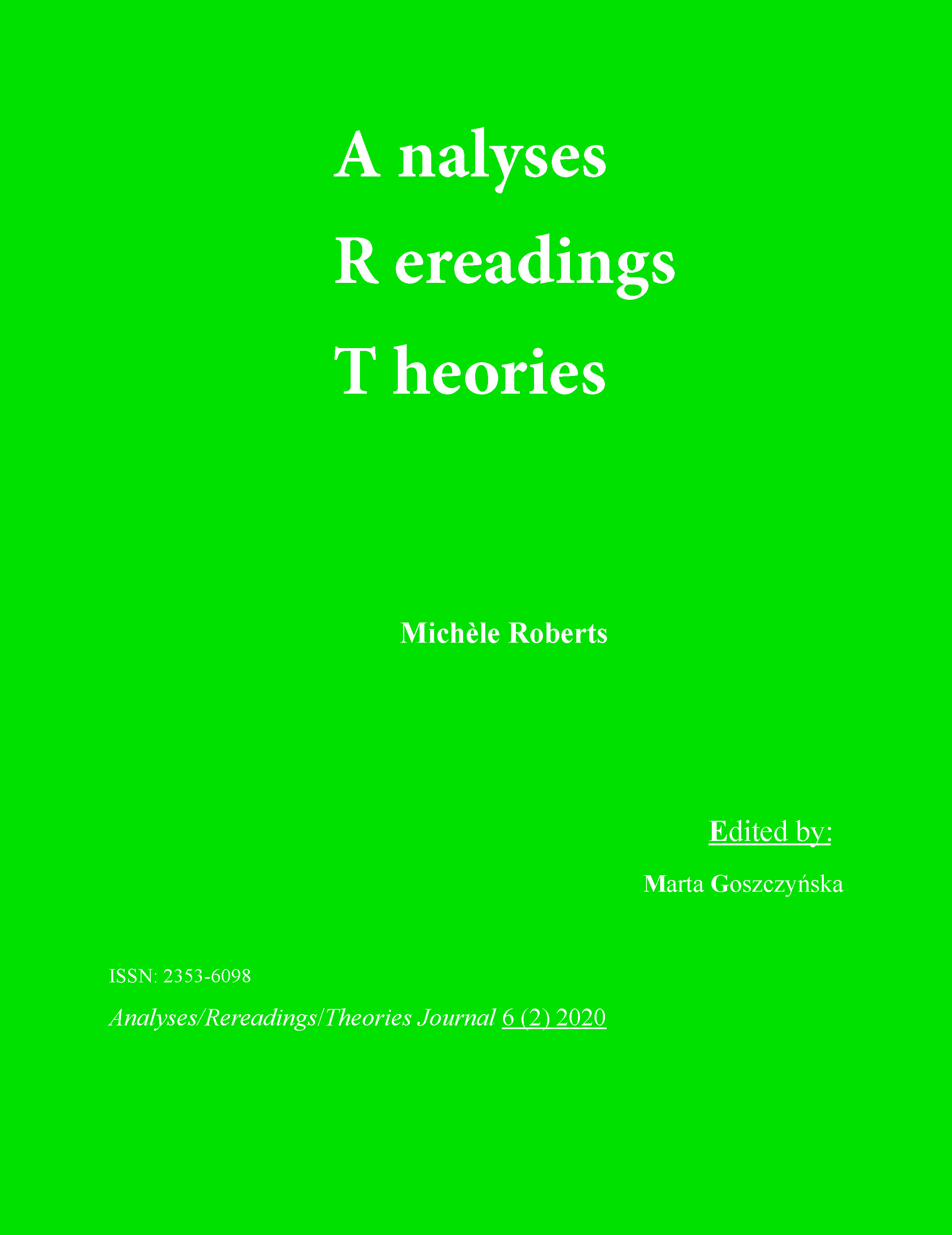Secret Rooms, Locked Doors and Hidden Stories: Retelling “Bluebeard” as a Holocaust Narrative in Michèle Roberts’s "Ignorance"
Secret Rooms, Locked Doors and Hidden Stories: Retelling “Bluebeard” as a Holocaust Narrative in Michèle Roberts’s "Ignorance"
Author(s): Marta GoszczyńskaSubject(s): Studies of Literature
Published by: Wydawnictwo Uniwersytetu Łódzkiego
Keywords: Michèle Roberts;“Bluebeard”;Maria Tatar;George Steiner;Michel Foucault;Mikhail Bakhtin;Giorgio Agamben;Holocaust
Summary/Abstract: One of the most grisly European fairy tales, “Bluebeard” is also a story that has proved immensely productive, spawning numerous variants, adaptations and rewritings. This essay offers a reading of Michèle Roberts’s Ignorance (2012) as one such retelling. Roberts employs “Bluebeard” to construct a story that utilises the format of a dual coming-of-age novel but is gradually revealed as a Holocaust narrative. Set in a provincial town in Vichy France, Ignorance makes repeated use of “Bluebeard” motifs to explore the complicity of individuals in Nazi crimes against their Jewish neighbours. Featuring secret rooms, forbidden chambers, locked doors and embedded narratives, the novel tells the story of Jeanne Nérin as she comes to terms with her Jewish identity and accepts her responsibilities as a Holocaust survivor. This account is complemented by several other stories, the most important of which is that of Jeanne’s childhood companion, Marie-Angèle, whose Bildung ends in emotional and ethical failure. Fascinated with the life of bourgeois comfort and respectability, Marie-Angèle embraces what Nancy Tuana describes as “wilful ignorance,” and becomes increasingly complicit in the acts of injustice, exploitation and crime she witnesses.
Journal: Analyses/Rerearings/Theories (A/R/T) Journal
- Issue Year: 6/2020
- Issue No: 2
- Page Range: 52-62
- Page Count: 11
- Language: English

